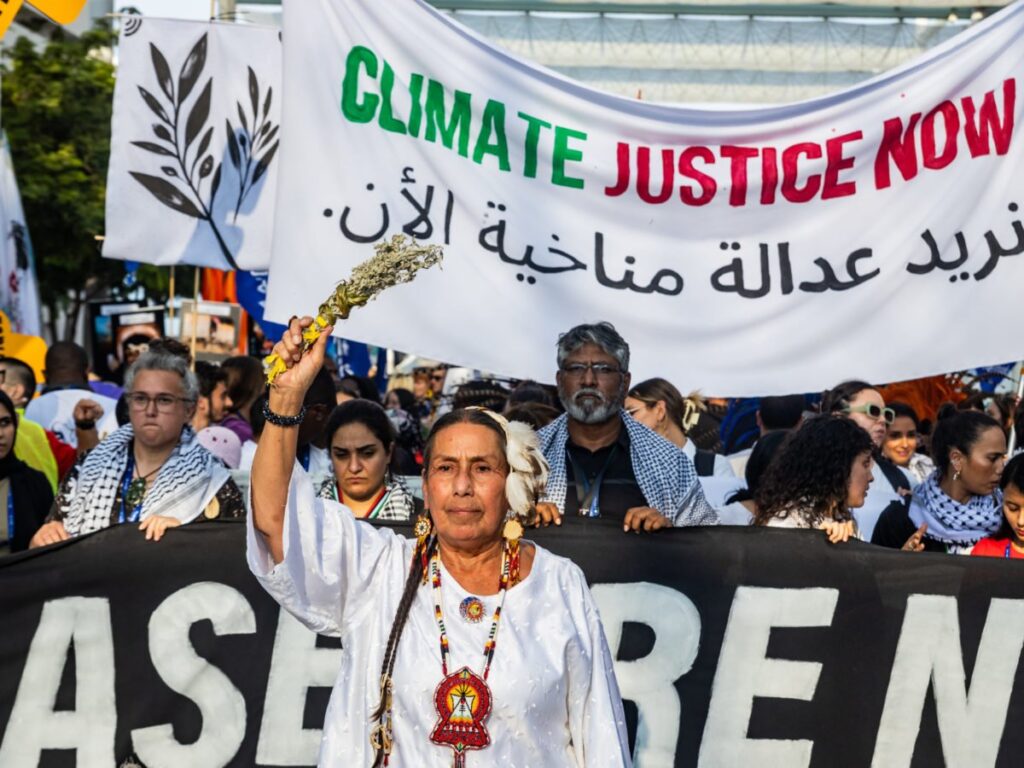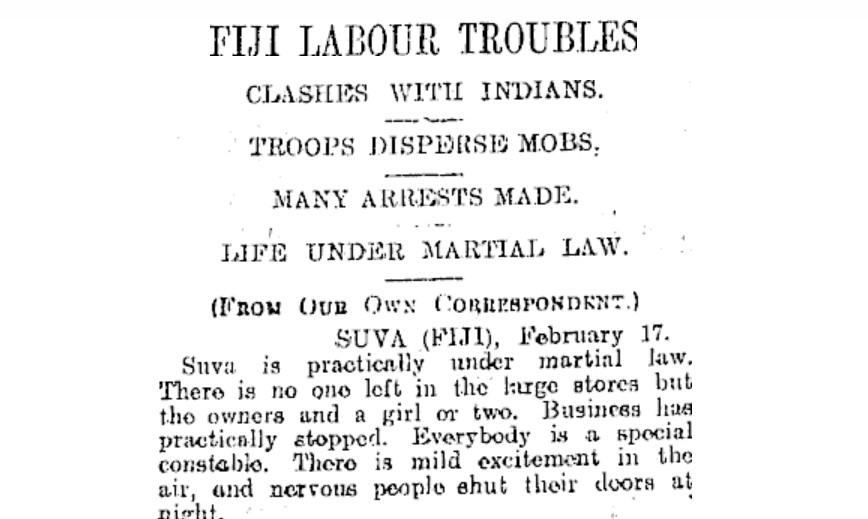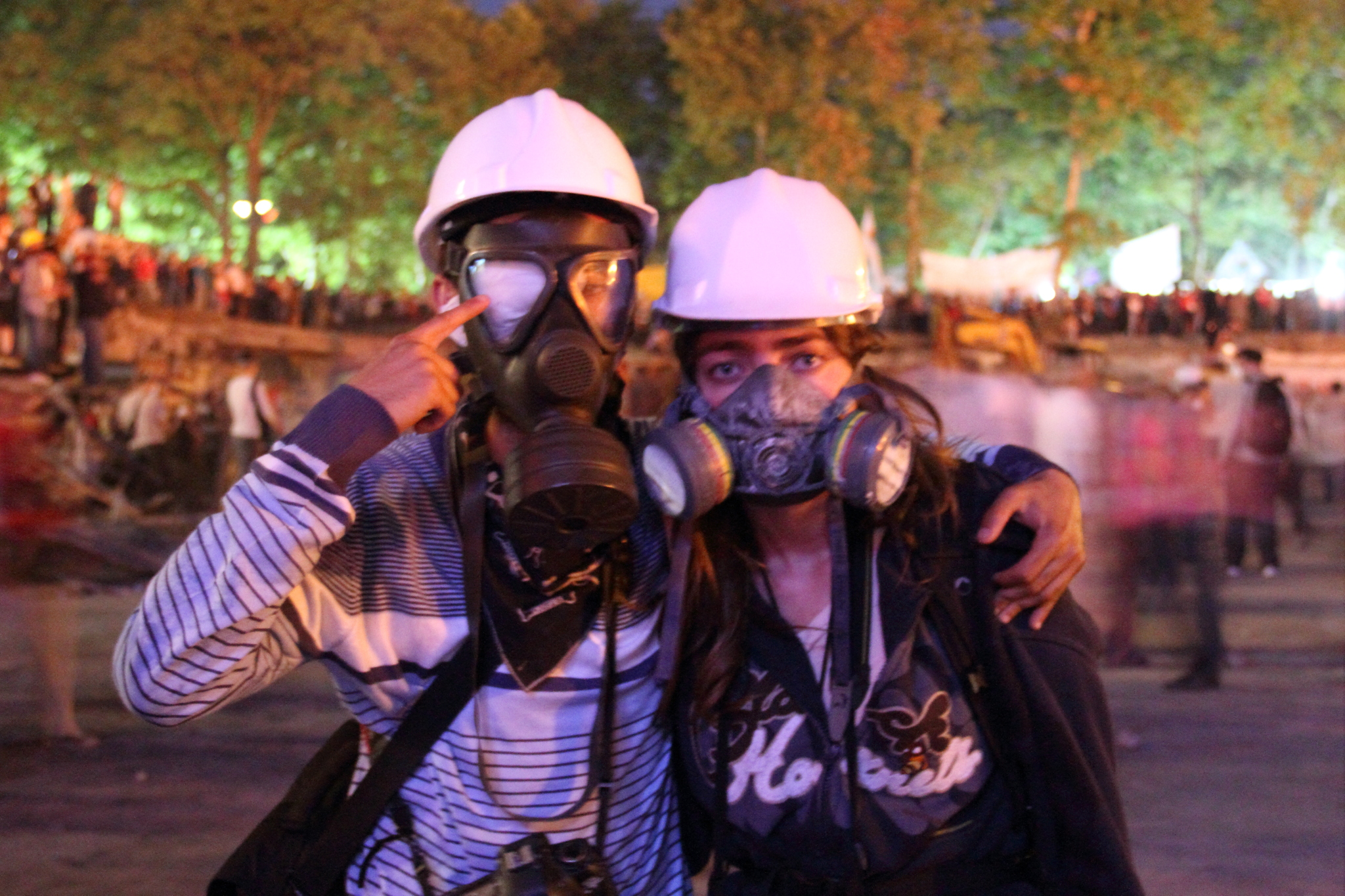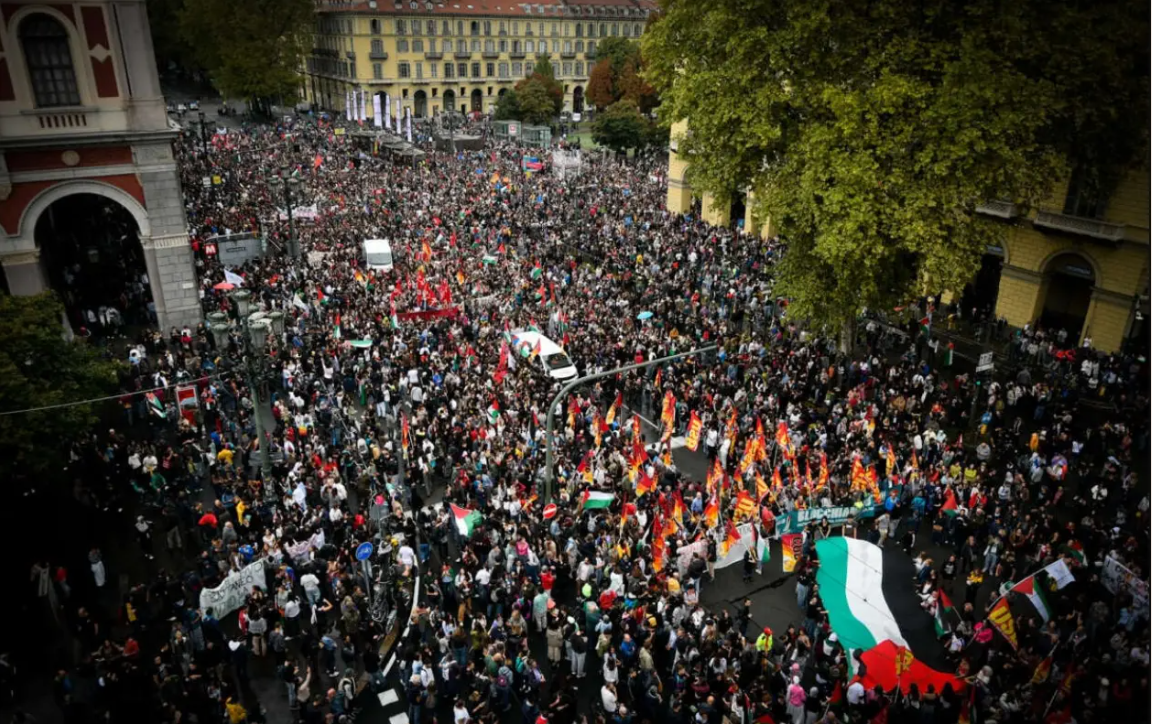The ABCs of Socialism is a series of short articles on key socialist concepts. In this issue we look at the environment, and the profound crisis that is facing us today. At the heart of this ongoing crisis is the inescapable interdependence between human society and the wider environment, and the way that this fundamental relationship has been disrupted by capitalism. This is something that socialists have grappled with from the earliest days of our tradition. Karl Marx used the German word Stoffwechsel to describe the relationship between people and the environment. This word means “metabolism”, the interchange between cells. Closer even than members of the same family, humans and wider nature are of one body. As well as physically depending on nature, humans also draw our culture from nature; peoples around the world have deep emotional and cultural ties to the environment.
It’s not that pre-capitalist or non-capitalist societies had a perfect relationship to the environment or never got things wrong, but in such societies there is at least a direct feedback loop between the land and those working on it. Collective decisions could be made about how to manage the land, and practices could be developed that sustained both people and the environment. Capitalism, by alienating people from the land and imposing the drive for profit, severs this connection and incentivizes industry to produce without regard for the environmental impacts. Socialists have come to call this the “metabolic rift,” and we are seeing its devastating consequences in climate change and ecological collapse. Since the industrial revolution, carbon emissions have consistently increased, with the only exceptions to this trend being during times of crisis: oil shocks, depressions, the global financial crisis of 2008 and the COVID-19 lockdowns. As well as being harmed by exploitative production, the environment is harmed by capitalist competition, especially when it spills over into imperialism. Imperial wars produce disastrous environmental harm as mere collateral damage to their projects. The cruel irony of the current system is that the wealthy and powerful minority causing the most harm to the planet are able to shield themselves from the worst of the consequences, while those contributing the least feel the worst effects.
We can’t talk about the alienation of the people from the land without talking about colonisation. To this day, capitalists and capitalist states continue to drive indigenous people off their land to open it up for more exploitation, and “Land Back” has become a crucial slogan for the environmental movement. In Aotearoa, the Crown employed many methods to separate Māori hapū from their land. Sometimes legal swindling and economic coercion were used – the most rapid alienation of Māori land happened from 1865 with the establishment of the Māori Land Court – and huge swathes of land were confiscated through direct violence. In the 1860’s the Crown targeted large areas of rich agricultural land for confiscation, particularly in Taranaki, Waikato and Te Moana-a-Toi (Bay of Plenty). This stolen land has been concentrated in the hands of a tiny few, and turned over to industries that use environmentally devastating practices. Today nearly half of the country’s greenhouse gas emissions come from agriculture.
Under capitalism, nature is converted to a commodity. Not only is land physically taken from the people, but capitalist ownership structures are imposed that limit how we can relate to the land and the environment. Even when land is returned, indigenous people are hemmed in on all sides by the capitalist system that says – “commodify, exploit, turn a profit or perish.” Likewise, when we as individuals try to change our own habits to help the environment, we are frustrated by limitations of the system that we are operating in. Our relationship to the earth is fundamentally a collective one, and it is globally connected. To save the planet we must heal the metabolic rift between people and the environment, and to heal this rift we must smash the capitalist system.
Photo Caption: Protest at CoP28 in Dubai. Credit: Mídia NINJA









